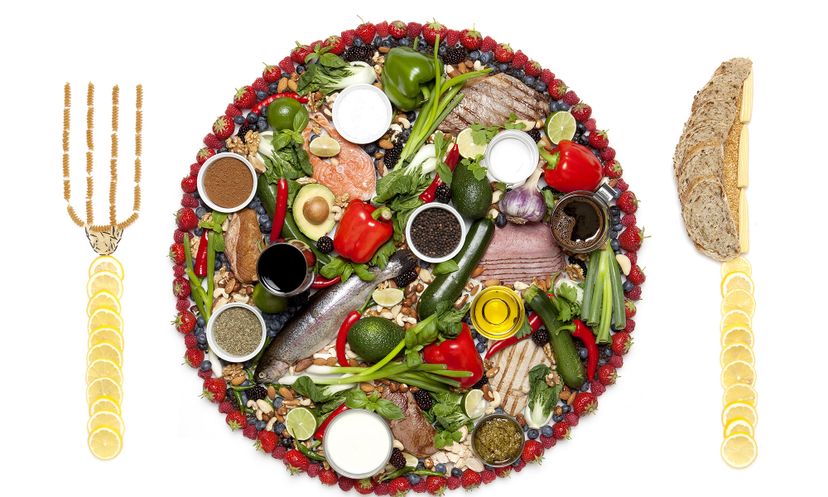
About This Quiz
With all of the choices available these days, how can you know what food is best for you? Test your knowledge with this nutrition quiz before you hit the grocery store.Phytochemcials not only give deeply colored fruits and vegetables their hue, they also fight free radicals in your body. This helps protect against cell, tissue and DNA damage caused by oxidization.
Beer comes in first at 153 calories. Twelve ounces of cola comes in second at 136 calories, and five ounces of red wine typically has 123 calories.
Breatharians believe that the nutrients required to sustain human life can be found through breathing alone.
Advertisement
Caterpillars, a delicacy in most corners of the world (except Europe, the United States and Canada), has about 28 grams of protein per 100 grams. Ground chuck offers about 24 grams; chicken breast has about 23 grams.
Thanks to the average 8 grams of trans fats per serving found in most French fries, the risk of death from heart disease from consuming French fries is higher than the death rate from cancer and car accidents.
We gain energy from our foods through calories. Calories are the measure of how much potential energy a food possesses. The calories in our food serve as fuel for physical processes like metabolism and cellular functions. They could also serve other functions: The calories in 217 Big Macs could drive a car for 88 miles.
Advertisement
Fats from vegetable sources, like those found in olive oil or almonds, contain no cholesterol.
Vegans abstain from eating any animal product or byproduct, like dairy and meat. This also includes honey, produced by bees, which are also animals.
Monounsaturated fats are considered good fats because they provide essential fatty acids. Found in olive oil and canola oil, monounsaturated fats not only won't clog your arteries, they may actually help lower cholesterol.
Advertisement
Whole grains, the healthiest type of grain, aren't found in white bread. They are, however, found in brown rice, oatmeal and whole-wheat bread. Since they're not refined, whole grains can help lower the risk of some types of diabetes and heart disease.